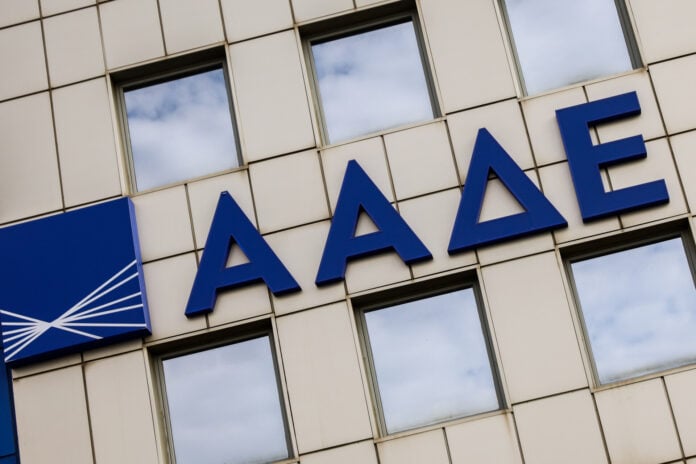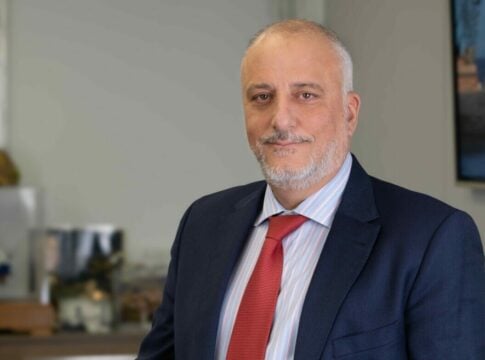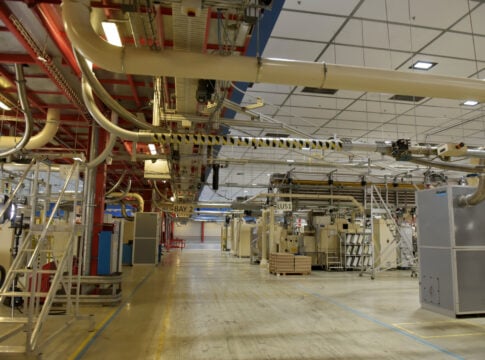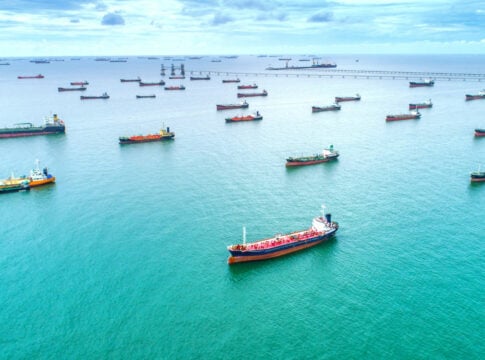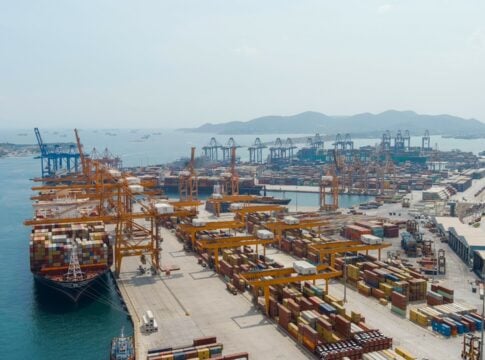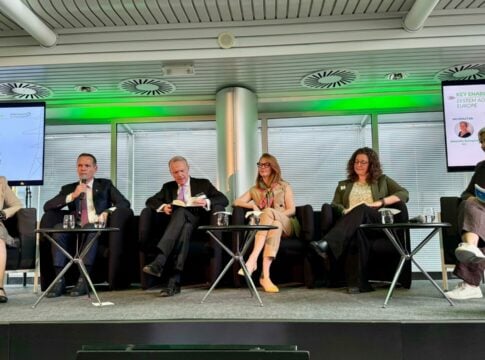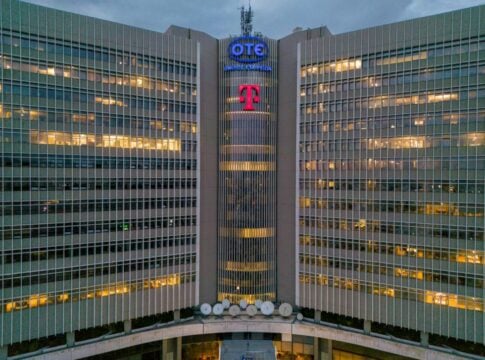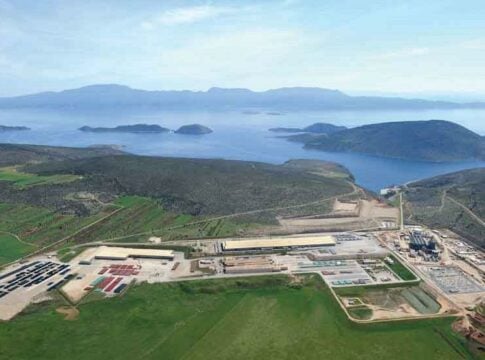The Independent Public Revenue Authority (AADE) is “growing”. Following the decision to transfer the responsibilities of the Greek Payment Authority of Common Agricultural Policy Aid Schemes (OPEKEPE), the Financial Crime Unit (SDOE) is also being upgraded and integrated into AADE.
Therefore, the government is proceeding with the unification of the audit mechanisms, gaining a full picture of both the subsidies paid and the further strengthening of audits and the disclosure of “black money.”
With a relevant provision included in the draft law on the customs code, which is soon expected to be put out for public consultation, the human resources, responsibilities, archives, assets and logistical equipment of SDOE will be transferred to AADE.
According to sources from the Ministry of National Economy and Finance, the unification of the control mechanisms aims to identify the movement of “black” money, economic crime, tax evasion and smuggling in combination with the strengthening and “shielding” of controls.
More specifically, AADE will be able to receive information on:
- The management of the appropriations of the European Agricultural Guarantee Fund, the European Agricultural Fund for Rural Development, the European Fisheries Fund and other resources of the organization, as well as the maintenance of all accounts related to the appropriations.
- The staffing of the organization’s human resources, the distribution of employees by category and by sector, the organizational structure, the distribution of responsibilities and the structure of the central and regional services of the organization and further any other information related to the staffing and operation of the organization.
- The control, management and payment procedures of financial obligations, the settlement of all types of expenses or situations related to the preparation and execution of the organization’s budget and its operation in general.
The Organization pays EU aid of 3 billion euros annually, of which approximately 2.4 billion euros are distributed to approximately 660,000 beneficiary producers.


